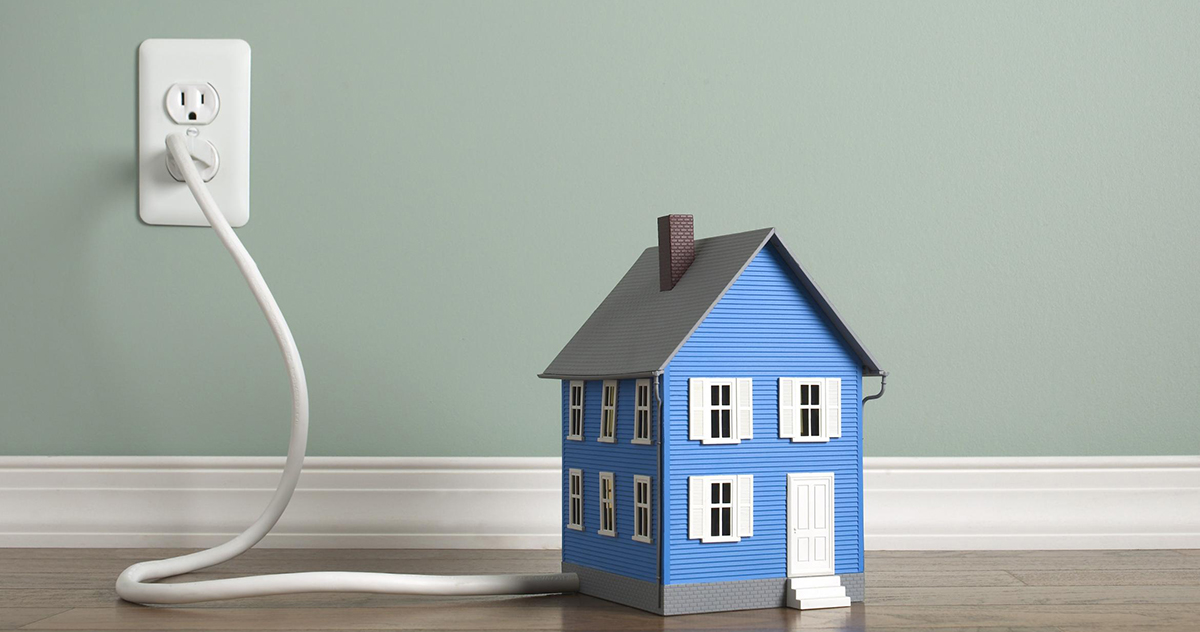There’s little question that remodelling projects can increase a home’s value and curb appeal, but the increase in popularity of home makeover TV shows and YouTube tutorials means an increasing number of house owners now feel confident in tackling renovations on their own, sometimes with disastrous results.
When done incorrectly, equivalent home improvements that were meant to save lots of money could find yourself costing you dearly. In fact, research shows that botched DIY jobs can lower a home’s value by tens of thousands of dollars and may even turn potential buyers off entirely.
Aside from this, many remodelling projects require building permits or licences, which may be a confusing and time-consuming process for the uninitiated, not to mention that DIY projects may invalidate your homeowner’s coverage .
So while you\'ll probably manage simple DIY projects like painting or basic repairs, you\'ll want to consider before tackling any of the subsequent home improvements without the assistance of a licensed professional.
1. Electrical jobs
Any DIY project that involves working with electrical circuits or running new cables should be left to a licensed electrician who understands the risks and can follow the right safety protocols.
If you’re lucky, you\'ll find yourself with fried appliances and faulty connections. Worst-case scenarios include electrical shocks and fires, with data from the National Safety Council showing that electrical hazards cause nearly one fatality a day , and are listed as the explanation for about 4000 injuries annually .
This is why there are very strict codes in situ when it involves where and the way electrical switches, outlets, and appliances should be installed.
Even seemingly simple jobs like installing a ceiling fan could go very wrong if you don’t know what you’re doing. You wouldn’t be the primary person to possess a ceiling fan come crashing down or inadvertently start a fireplace by twisting wires together and securing them with electrical tape.
2. Plumbing jobs
Unless we’re talking about unplugging a drain or fixing a leaky faucet, plumbing work is another home improvement project that\'s better left to the professionals.
Of course, it should go without saying that larger projects like installing sewage tanks or water heaters shouldn\'t be attempted by amateurs, but even smaller DIY jobs can find themselves going terribly wrong.
Improperly installed toilets, bathtubs, and piping can cause leaks or maybe flooding, and water damage is often very costly to repair.
3. Tiling
Doing your own tile work could seem sort of a great way to save lots of money, but while it\'s easy enough, there’s tons more to an honest tile job than lining up the tiles during a line.
This is often to not say that it’s impossible, but unless you’re particularly experienced, tiling your own bathroom or kitchen will likely find yourself taking you far longer than it should, and there are a variety of things which will fail .
Before you\'ll even start laying the tiles, you’ll have to properly prepare the surface and confirm it’s even. Then there also are the not-so-small matters of selecting the proper tiles, measuring and cutting them to suit around obstacles like pipes and sinks also as grouting and sealing.
4. Roofing
Repairing or replacing damaged roofing materials is another popular DIY project that has the potential to go very wrong. For one thing, it only takes one wrong move or loose tile to send you over the edge. Falls from roofs account for about a third of all fall-related construction fatalities. So ask yourself if the money you’d save by doing the job yourself is worth risking personal injury.
Aside from this, poorly executed roofing work will likely look uneven and be very noticeable from the outside, which will lower your home’s curb appeal and affect its resale value.
5. Structural changes
Any renovations that involve structural changes should never be administered without the assistance of a licensed professional.
Knocking out walls without adding the required support could weaken your entire home and may cause serious damage, whereas tackling smaller building projects like decks or gazebos without the required permits could lead to some hefty fines.
When unsure about whether you ought to DIY, always consider whether you\'ve got the expertise and tools necessary to securely and effectively complete the work, then ask yourself whether the cash you\'ll save is well worth the time and energy you\'d put into it.




Leave a Reply
Your email address will not be published. Required fields are marked *